This issue continues to report on the troubles between Russia and France, or rather between the Emperor Napoleon Bonaparte, and Alexander I, the Emperor of Russia. Alongside this more global news, local reports of ships coming in and out of the northern part of Haiti, attest to robust trade with the international community. We learn, for example, that between September and October, fifteen foreign ships entered Haiti bringing various “provisions and dry goods,” while in the same period, eleven foreign ships left Haiti with “coffee, sugar, and cocoa,” ostensibly purchased from Christophe’s republic.


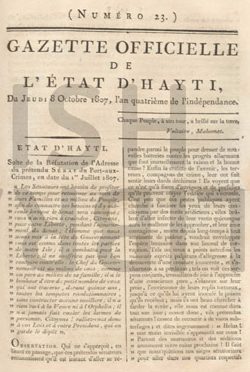
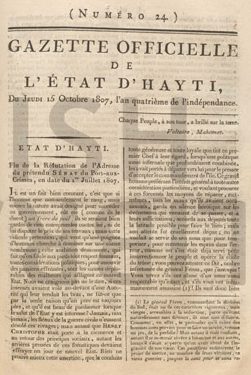
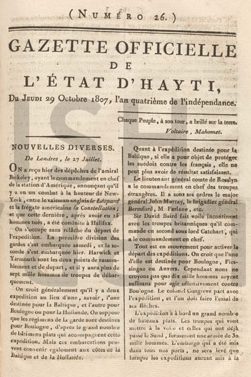
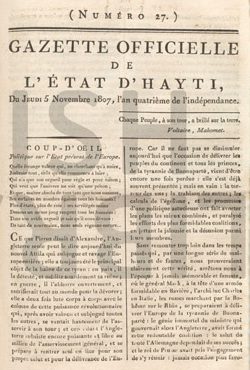

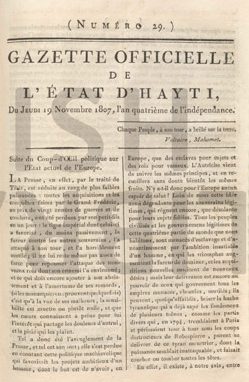
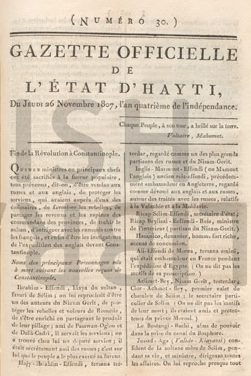


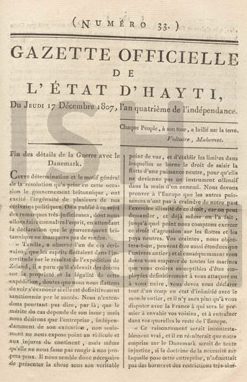
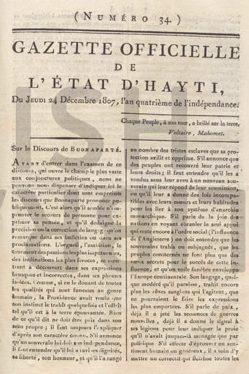
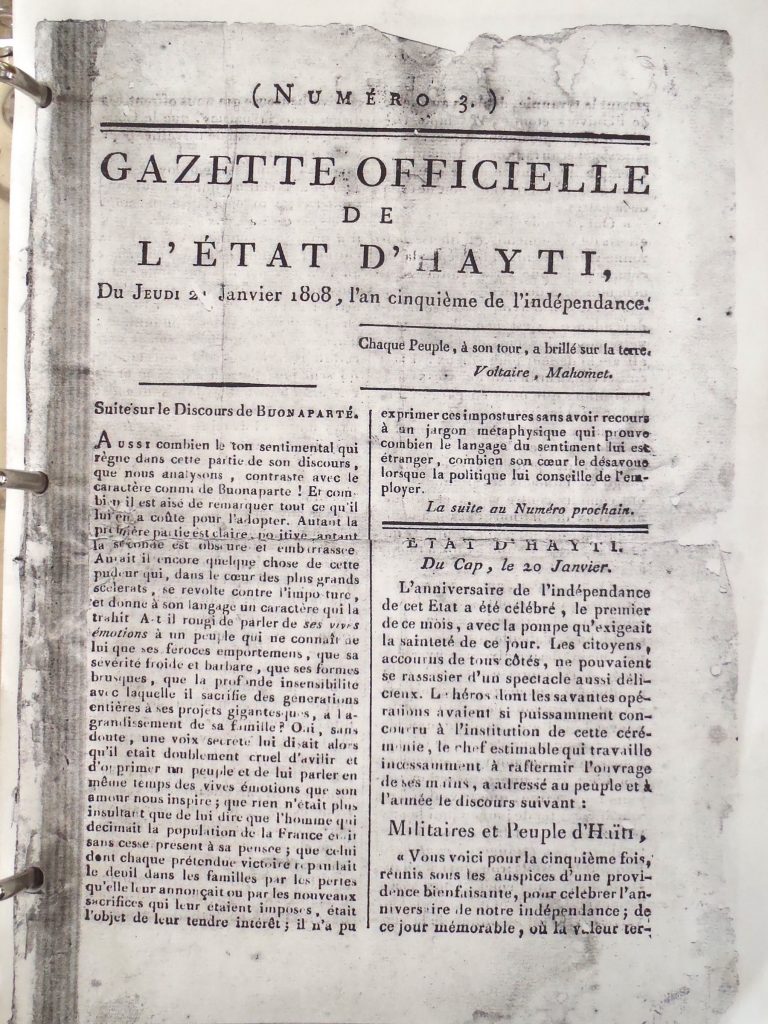

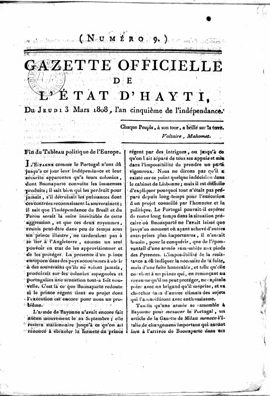

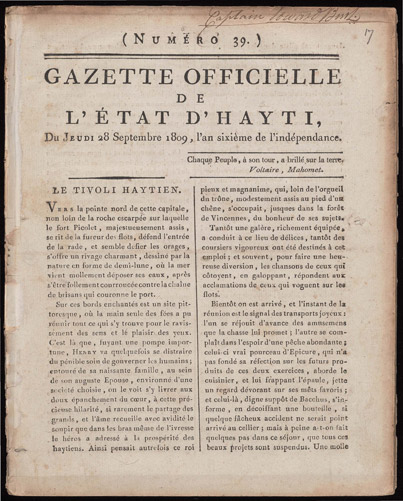
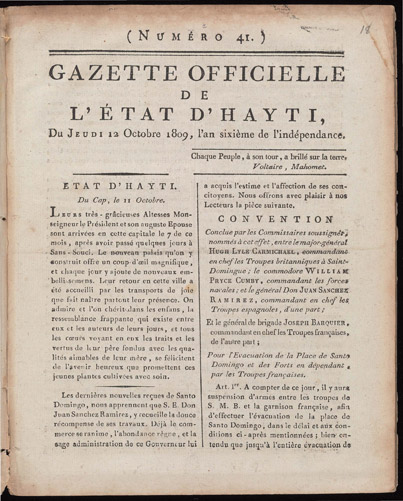
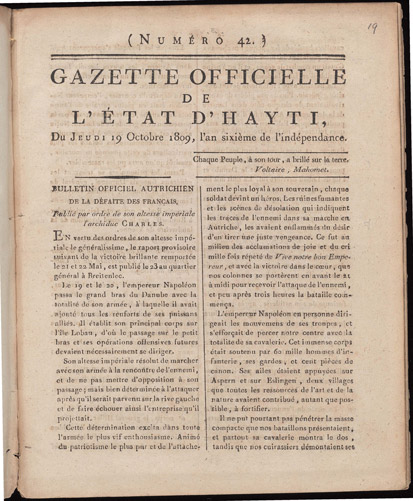

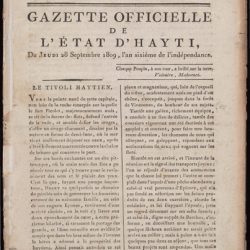
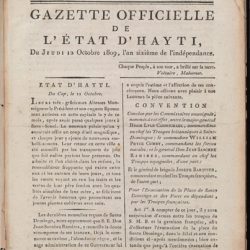
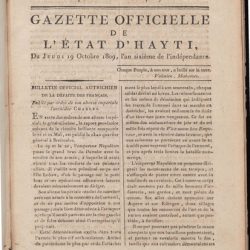

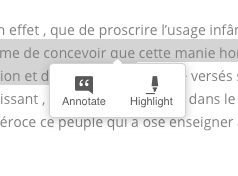
RECENT COMMENTS